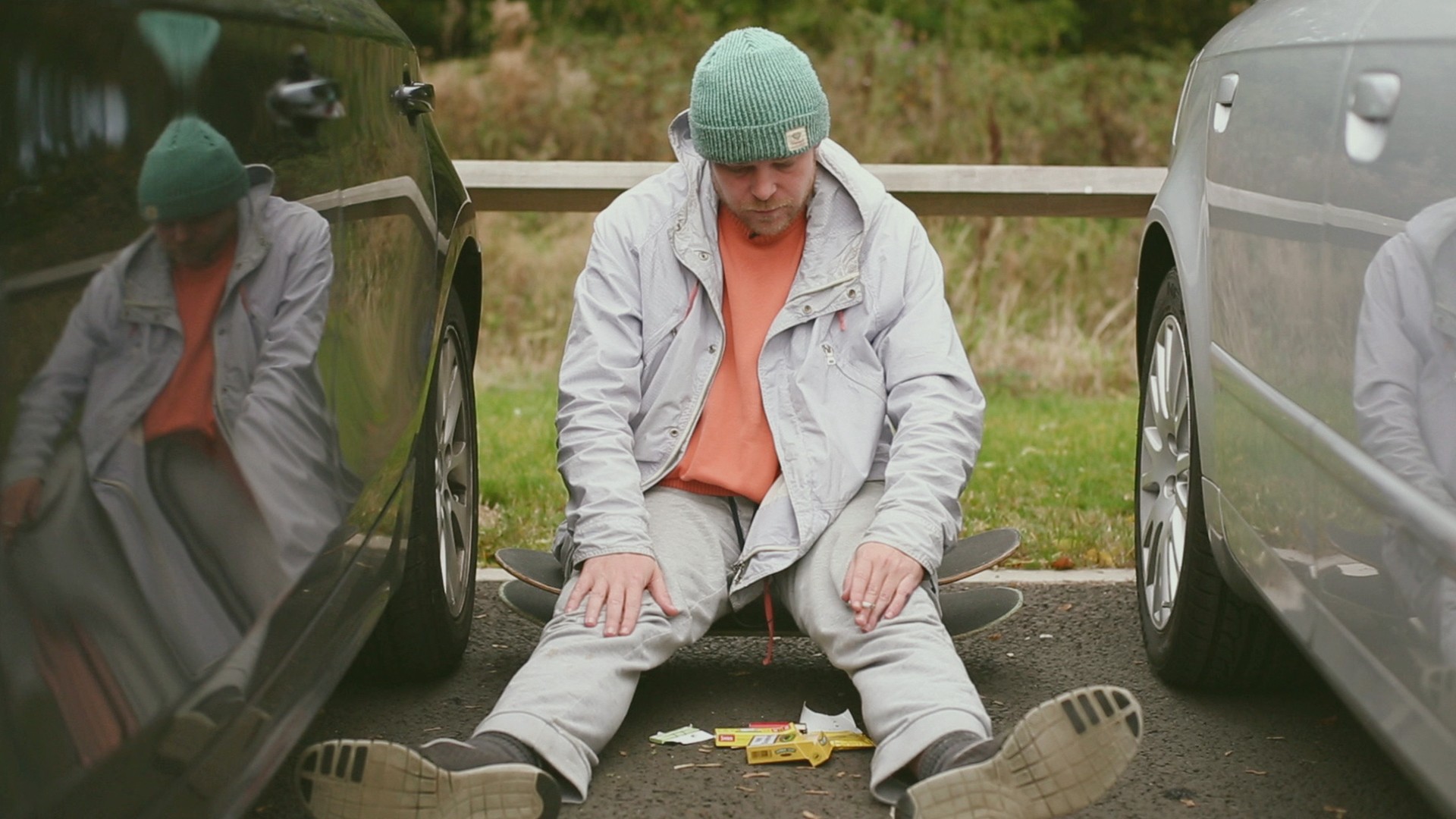It's normal to experience life's ups and downs and to feel sad from time to time. But when sadness hangs around, you find yourself opting out of things you would normally do, and the impact on your day-to-day life may be depression.
The experience of depression is different for everyone, which means the journey is different for everyone, but importantly, most people do recover. This recovery depends on the severity of symptoms, but typically starts with self-care strategies , connecting with family and friends and progresses to talking therapies, before anti-depressant medicine is seen as appropriate.
Seeking help early is hugely beneficial in the long-run. It better equips someone to understand, approach, and handle the challenges in their life in a way that helps into the future. If people are able to maintain engagement with family, friends, school, work, and study (even with some ongoing mental health challenges) it significantly improves their long-term outcome.
Finding the right support can take time and patience, but it's important to keep working at it until you find someone or something that works for you.
It's agony and banality at the same time. It's a thick fog, like you're dragging weights around behind you. You've got no energy but you can't sleep. Or you sleep too much and then you feel even foggier. You overeat or you forget to eat. You hurt or you're numb or both. You forget the sensation of hope.Depression gets described a lot. Most of us, whether we've experienced it first hand or not, know someone who has, and can therefore do a pretty good job of explaining what it feels like. But what of recovery—what does that feel like, physically and emotionally?Here, three people recount their experience of exiting the abyss, and describe what got them there.Vikki Ryall, Head of Clinical Practice at headspace, the National Youth Mental Health Foundation: www.headspace.org.au
Rachael*
Rachael: Six months, in the most recent bout. I've suffered from depression in the past but never as overwhelmingly as the latest bout. This time it also didn't have an obvious trigger, so it was far scarier to me. I'd say I'm still recovering from it.What do you credit with your ongoing recovery?
I have an incredible psychologist I've been seeing on and off since 2013, when my friend died and I was diagnosed with Rheumatoid Arthritis—in the same week. This time I [also] went to see a psychiatrist; I was lucky enough to get a doctor who was incredibly patient and found the best meds to support me. In my case this is really important, because other medication I have to take can be a trigger for depression.
When I watched something sad on the news. I can't remember what it was, but I'd been feeling the "weight of the world" before… things would make me cry in despair and empathy. I realised I was a bit better when I watched this thing and felt sad, but was able to rationalise with myself, and avoid crying.
It felt like a relief, like, "Oh good, now maybe I'll be able to go to work, run a small business, produce a podcast—and not feel like I hate everything." It was also a relief because this was the first time in my life that I'd had a thought like "What if I just wasn't around?" It didn't go further than a passing thought but that was really scary. I also started to sleep better and my diet improved. I'd barely been eating as I was so anxious.Describe how your personal relationships changed once you were less depressed.
I'm probably better to be around. I'm usually a warm and gregarious person but in the midst of my darkest time I was at best bleakly funny, and at worst totally absent from conversation. I also had more motivation to start making new friends again.What would your advice be to people looking to recover from their own depression?
Get a pet! A furry friend of some description gives you something other than yourself to be responsible for, and it returns the favour 100-fold. I have been so touched by the realisation as to how helpful animals have been in my life that I have gone vegan.
Jake*
About five years. The sitting-on-the-ground-wanting-to-not-be-alive-anymore part was for about six months. I'm better at managing it now, but the depression is still there, like the eczema I have on my finger.What do you credit with getting over the worst of it?
Medication and ongoing therapy. If I have a day where my brain is telling me I am a piece of shit who deserves to die alone, my process goes like this: I remind myself that this is my brain, my depression, and a particular set of mean chemicals. If that doesn't work, I talk to a friend, to remind myself that I am loved. If that fails, it's time to chat to my therapist. Also, exercise. And sleep. Get more sleep everyone.Describe when you first realised you were beginning to get better. Was it a particular moment, or a more gradual thing?
It was very much a case of one step forward, two back, for a really long time. But there was also a moment, with friends, when I looked around and felt, for the first time in a really long time, happy. Like the world wasn't out to get me.After that initial realisation, how did "getting better" feel?
I ate and slept and generally just looked after myself better. My responses to my thoughts have changed, too. The asshole at the back of my brain who hates me is still there, I'm just better at drowning him out. I am a lot more willing to tell myself I am great than I used to be.
Recently, I was meant to go on a date. I turned up at the bar, saw the person, and escaped out the back door. This is, empirically, a dick move. But for me, it was a big moment. Five years ago, I probably would have ended up sleeping with him because I was a people pleaser constantly trying to connect to fill the (metaphysical!) gap inside myself.What would be your advice to people looking to recover from their own depression?
Be kind to yourself. Not *nice*, but kind. Sleep. Don't drink. See your friends. Walk outside. Swim. Therapy—it literally saved my life, and continues to. Understand it may take a few tries to find the right person. One thing I have done since I started to get better is keep a gratitude diary. I call it my "good things book." Also, when your brain tells you that no one would miss you when you die, ask yourself if you'd let someone you love talk about themselves like that. If the answer is no, stop listening.For a related VICE doco:

Jess
I assume it's always been there to some extent or another. I began managing my depression in 2011, at age 23. I believe I'm currently in "recovery," but that if I didn't take my medication or remain conscious of my illness that I'd definitely suffer from depression again.What do you credit with your recovery?
Medication, 100 percent. In conjunction with therapy. From there I was able to exercise and manage life in order to maintain my commitment to getting better. Without medication I wouldn't be able to see through the constant "haze" that I found myself in.
It was a few months or so after I started my medication. I was driving to university and suddenly felt this feeling of happiness. I tried to figure out why I felt that way but I couldn't put my finger on it. I spoke to my mum (who has also suffered from depression) and it became clear through our conversation that it was "normal" to just feel happy, and to be happy to be there in that moment for no reason. I still get that feeling; it reminds me that I'm dealing with my problems.After that initial realisation, how did beginning to get better feel?
I felt a sense of relief. I was so thrilled that life finally felt easier. Of course there were times when I was sad or angry or emotional but those little bumps in life are just that, bumps. Before I was in recovery every little thing felt like an enormous mountain to overcome. I was able to see that not everything was a direct attack on me, nor was it the end of the world.Describe how your personal relationships changed once you were less depressed.
My relationships with family, friends, and anyone I've come into contact with has changed dramatically and for the better. Many of my friends stuck through me in my "dark" time, but I do believe I can be more "me" [now]. I will still be the same person inside before, but sometimes I didn't act like the person I knew I could be. I couldn't see that then; now I can.What would be your advice to people looking to recover from their own depression?
Don't be scared to ask for help. My life has changed undeniably for the best. I could never have done it alone. Depression has truly set me free. Dealing with it has helped every single aspect of my life.If you are concerned about the mental health of you or someone you know, please contact your local headspace office, or call Lifeline on 13 11 14. A listing of similar helplines in other countries can be found here.*Some names have been changed.
